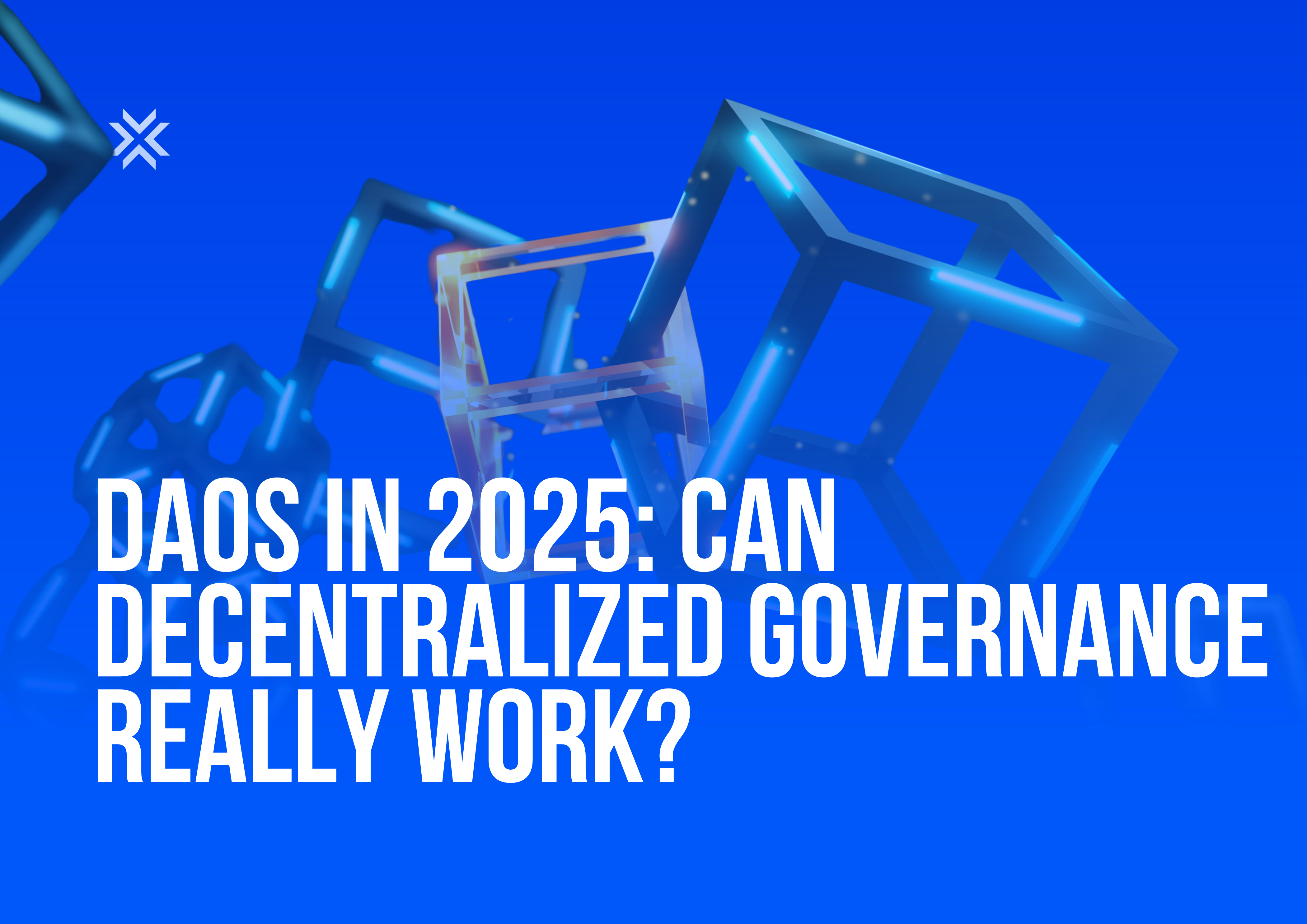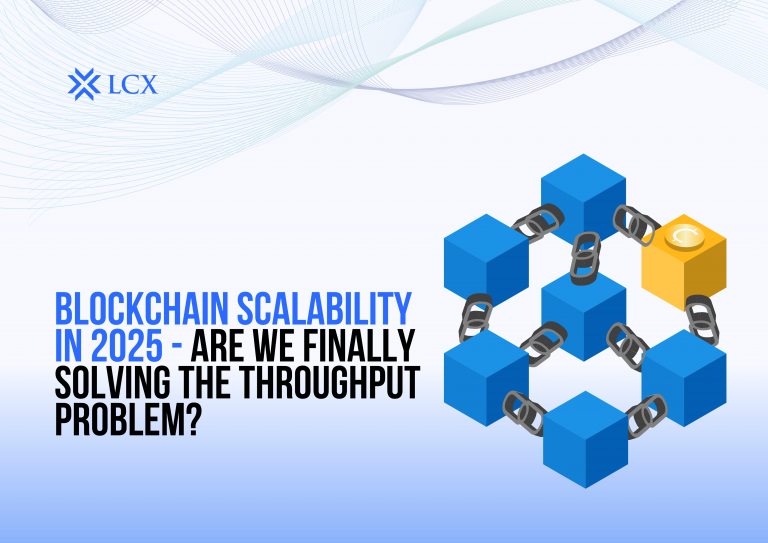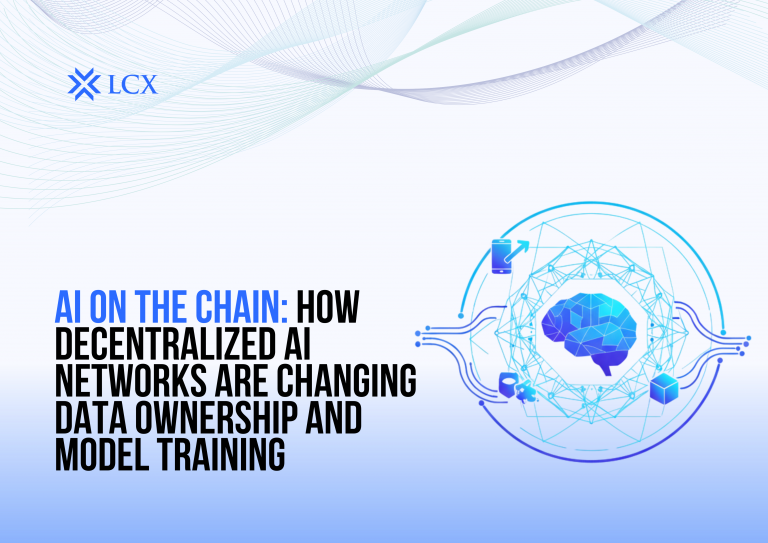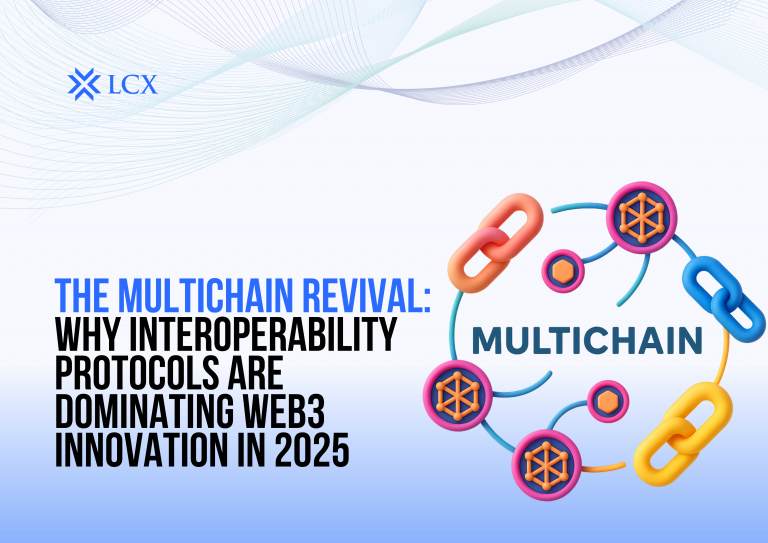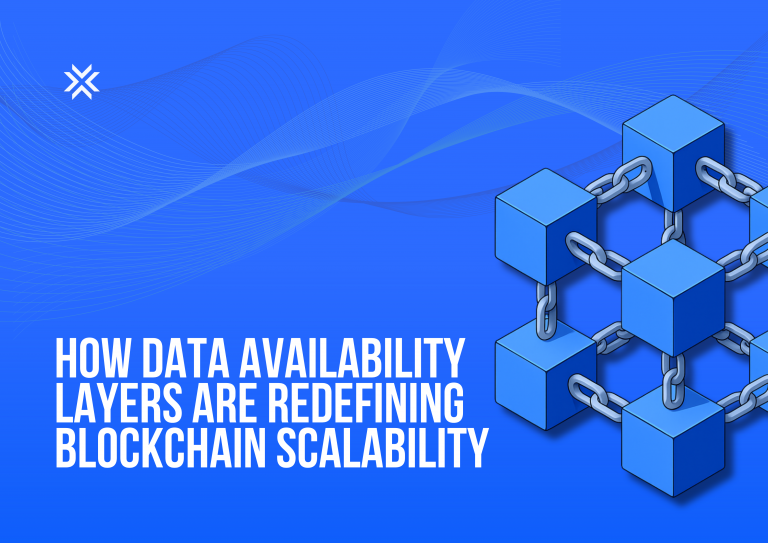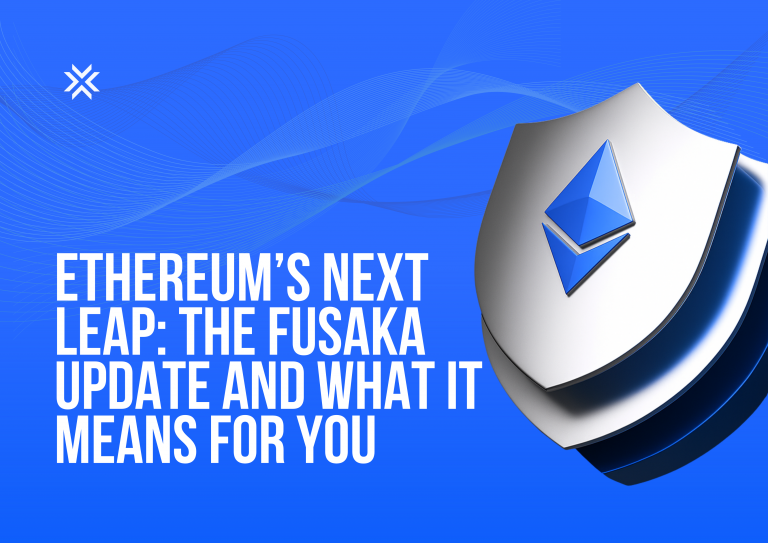The blockchain space has never lacked bold experiments, but few have generated as much intrigue as Decentralized Autonomous Organizations (DAOs). Promising a future where communities govern themselves without intermediaries, DAOs represent a radical departure from traditional corporate structures. By 2025, DAOs have matured beyond their early hype, attracting investors, builders, and regulators alike. But the question remains: can decentralized governance truly work in practice?
The Promise of DAOs
At their core, DAOs are internet-native organizations governed by smart contracts rather than executives or boards. Token holders vote on proposals, manage treasuries, and set the strategic direction of the organization. This structure promises transparency, global participation, and resistance to corruption or unilateral control.
For many, DAOs are more than just a governance tool—they embody the ethos of Web3: community-driven, open, and trustless. From DeFi protocols managing billions in locked value to NFT communities coordinating art projects, DAOs have proven that collective decision-making can create value at scale.
Success Stories of DAOs
Several DAOs have demonstrated how decentralized governance can succeed:
- Uniswap DAO oversees one of the largest decentralized exchanges, funding grants and protocol upgrades through community-led governance.
- MakerDAO manages the DAI stablecoin, balancing complex economic policies while giving token holders the final say.
- ENS DAO governs the Ethereum Name Service, ensuring a decentralized approach to domain ownership on blockchain.
These organizations highlight that when incentives align and the community remains engaged, DAOs can rival—or even outperform—traditional structures.
Where DAOs Have Struggled
Despite their potential, DAOs face serious challenges:
- Voter Apathy: Many token holders do not participate in governance, leaving critical decisions in the hands of a small, active minority.
- Centralization Risks: Large token holders (whales) can dominate voting, undermining the democratic promise of DAOs.
- Coordination Complexity: Managing proposals, budgets, and long-term strategies across thousands of anonymous participants is no easy task.
- Security Risks: Vulnerabilities in smart contracts can result in catastrophic failures, as seen in the infamous 2016 DAO hack.
These shortcomings show that while DAOs solve some governance problems, they also create new ones.
Evolving Governance Models in 2025
In 2025, DAOs are no longer seen as one-size-fits-all. Instead, new governance models are emerging to balance decentralization with efficiency:
- Delegated Governance: Token holders assign their voting power to trusted representatives or experts, improving participation while maintaining accountability.
- Reputation-Based Systems: Some DAOs are experimenting with reputation scores instead of token weight, rewarding consistent contributors with greater influence.
- Hybrid Models: A growing number of projects combine decentralized voting with centralized leadership for faster execution while keeping transparency intact.
- AI-Assisted Governance: Artificial intelligence tools are beginning to analyze proposals, detect risks, and streamline decision-making for large communities.
These innovations suggest that DAOs are not static—they are evolving organisms adapting to the realities of decentralized collaboration.
The Role of Regulation
As DAOs grow, governments are paying closer attention. By 2025, some jurisdictions have begun to recognize DAOs as legal entities, offering frameworks for liability and taxation. While this legitimizes DAOs, it also challenges their core ethos of operating outside traditional structures. The balance between compliance and decentralization will be a decisive factor in their future.
Can DAOs Really Work?
The honest answer is that DAOs are not perfect—and perhaps never will be. But they represent a significant step toward reimagining governance in the digital age. Their successes prove that collective ownership can be powerful, while their failures highlight the need for better systems and safeguards.
In 2025, DAOs are less of a utopian experiment and more of a pragmatic tool. They may not replace corporations entirely, but they are carving out their own niche in finance, culture, and digital communities. With continued innovation in governance models and legal frameworks, DAOs could very well become the blueprint for how humans organize in a decentralized world.
